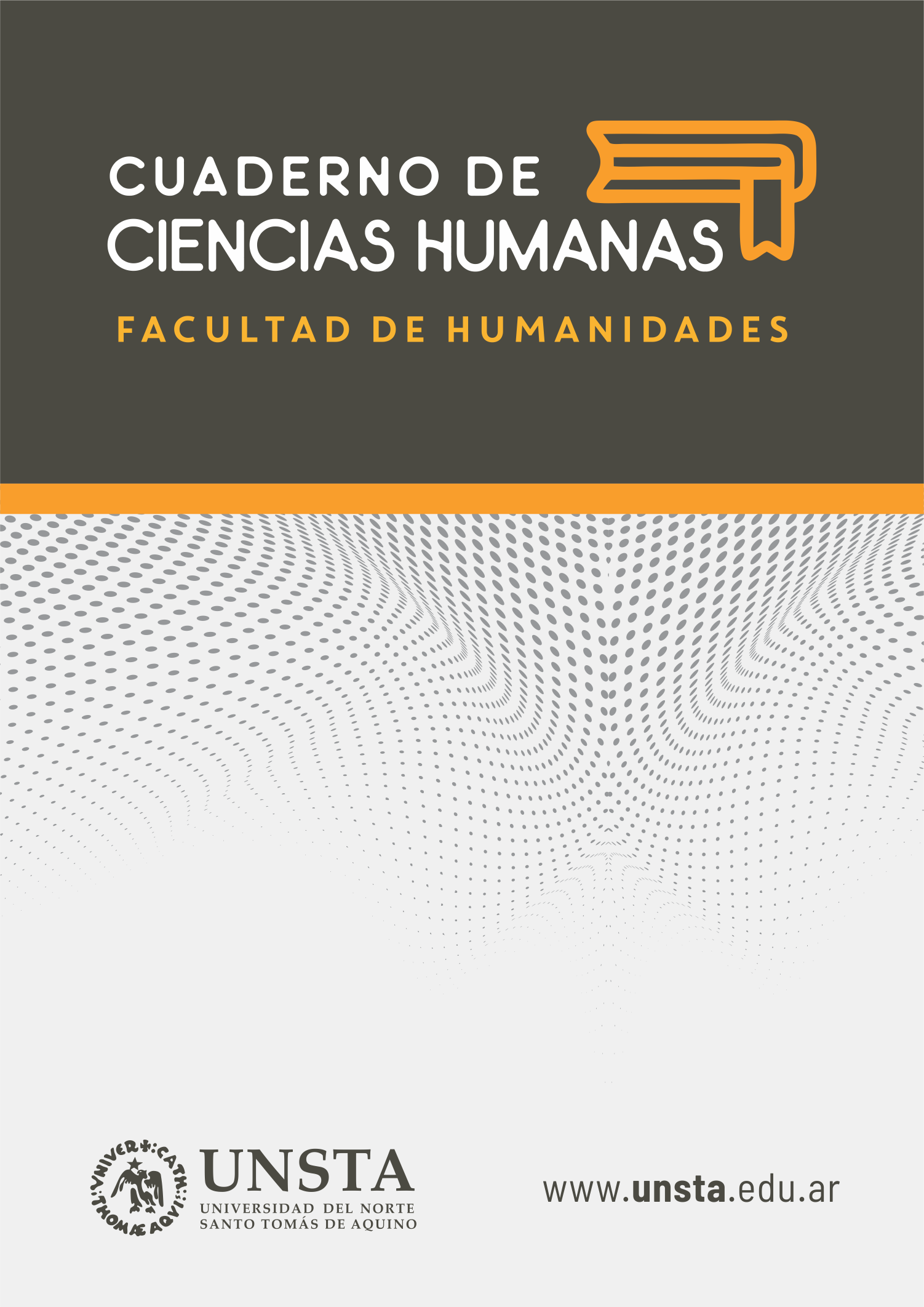Relationship between Morality and Law in the Thought of St. Thomas Aquinas
Keywords:
dignity, common good, natural law, freedom, justiceAbstract
The aim of this article is to analyze the main aspects of the ethical foundations of law according to Saint Thomas Aquinas. Among the contributions of Saint Thomas to the philosophy of law we must mention his wide reflection on natural law (ius naturale) as based on the eternal law and God’s wisdom. In general terms, natural law may be defined as a system of rules that are inherent in human beings and pre-exist to the rules issued by the State. In the vision of Aquinas, human-made laws may become compulsory thanks to their connection with natural law. At the same time, this relationship fully guarantees the highest respect for human dignity. In this perspective, everybody acquires an inviolable condition of freedom due to the filiation with God.
Downloads
References
Carpintero-Benítez, F. (2013). Sobre la ley natural en Tomás de Aquino. Díkaion, 22(2), 205-246. https://www.redalyc.org/articulo.oa?id=720/72031061003.
Contreras, S. (2014). La ley natural y su falta de determinación. Apuntes sobre la teoría clásica de la determinación del derecho natural. Boletín Mexicano de Derecho Comparado, 47(141), 839-1239. https://doi.org/10.1016/S0041-8633(14)71177-9
Dri, R. (1999). Teología Política de Santo Tomás en La filosofía política clásica. De la Antigüedad al Renacimiento, CLACSO, Consejo Latinoamericano de Ciencias Sociales.
Herrera, D. A. (2010). La ley natural y la persona humana como principio y fundamento del derecho y del orden jurídico. En Pérez Cursi (coord.), Los derechos humanos en Latinoamérica. Educa. https://repositorio.uca.edu.ar/handle/123456789/2949
Irrazábal, G. (2010). ¿Existe una gradualidad en la ley moral? Revista Teología, Tomo XLVII, (102), 167-187. https://erevistas.uca.edu.ar/index.php/TEO/article/view/2351
Lachance, L. (2001). Humanismo político: individuo y Estado en Tomás de Aquino. EUNSA.
Lodigiani, G. (2005). La Filosofia del Diritto secondo S. Tommaso d’Aquino. Dialegesthai. Revista de filosofía, 6. https://mondodomani.org/dialegesthai/
Lorenz, D. (2004). La libertad humana como valor primordial en Tomás de Aquino. Revista Teología y Vida, XLV, 531-538.
Maino, G. (2011). Derechos fundamentales y la necesidad de recuperar los deberes. Aproximación a la luz del pensamiento de Francisco Puy. En Salomao Leite, Sarlet y Carbonell (coords.), Direitos, deveres e garantias fundamentais. Ed. Jus Podium.
Maino, G. (2016). Fundamentación de los derechos humanos a la luz del pensamiento del Professor Massini Correas. En Estudios sobre derechos humanos. Universidad Nacional Autónoma de México, Instituto de Investigaciones Jurídicas.
Martínez-Saez, S. (2008). Relativismo ético. Persona y bioética, 12(1), 29-41. http://www.scielo.org.co/scielo.php?Script=sci_arttext&pid=S0123-31222008000100004&lng=en&nrm=iso.
Massini Correas, C. (2005). Filosofía del derecho. Abeledo-Perrot.
Pablo VI. (7 de diciembre de 1965). Constitución Pastoral “Gaudium et Spes” sobre la Iglesia en el mundo actual. Concilio Vaticano II.
Pizzorni, R. M. (1989). Il Fondamento etico religioso del diritto secondo San Tommaso D’Aquino. Studia Universitatis S. Thomae in Urbe.
Ruiz Rodríguez, V. (2016). Santo Tomás de Aquino en la filosofía del derecho. En-claves del pensamiento, 10(19), 13-40. https://www.enclavesdelpensamiento.mx/index.php/enclaves/article/view/223
Suñer Puig, P. (1993). Moral y derecho. Barcelona.
Published
How to Cite
Issue
Section
License
Esta licencia permite a otros copiar, mezclar, redistribuir y construir a partir del material, siempre y cuando se dé el crédito correspondiente y sin fines comerciales.




